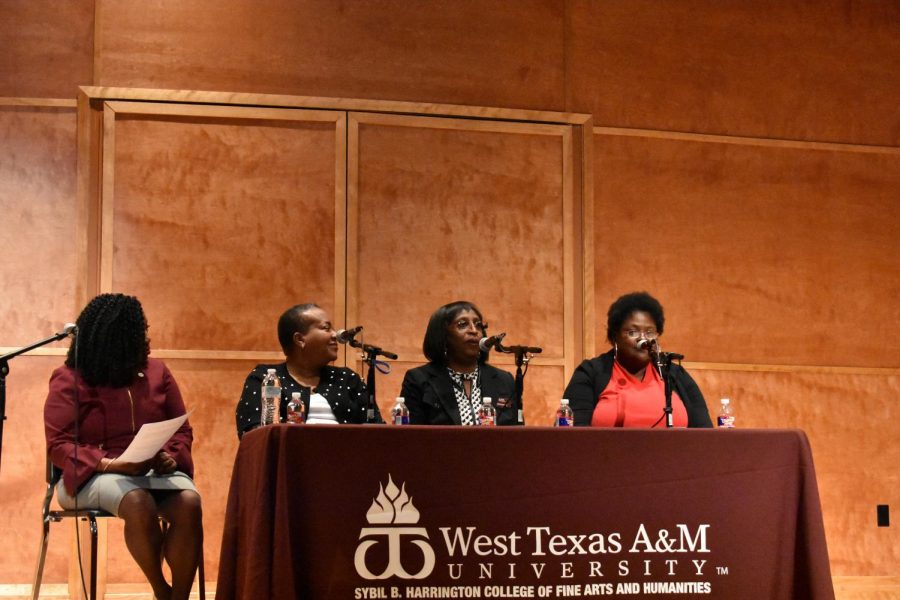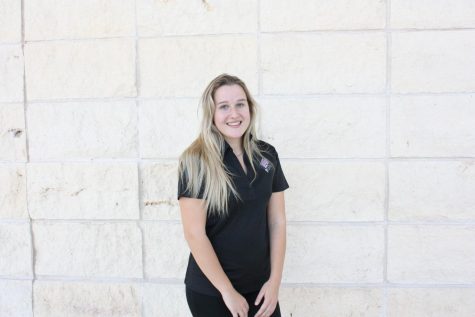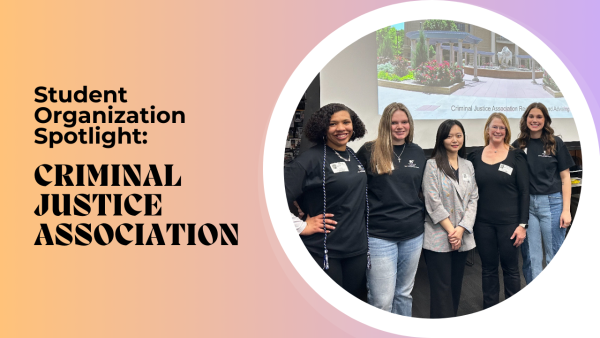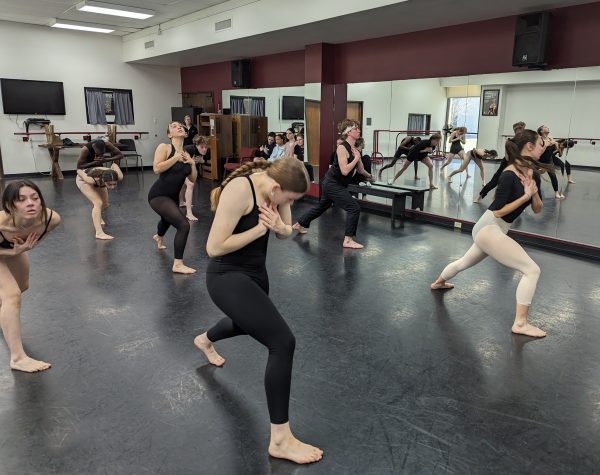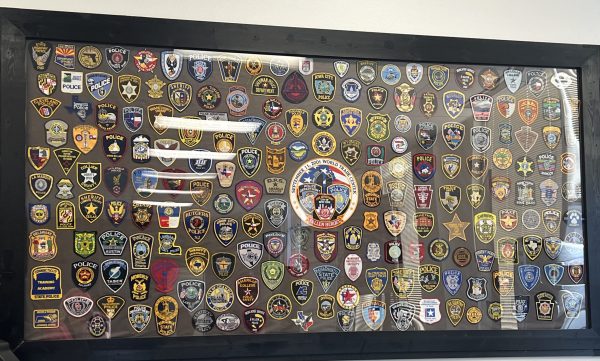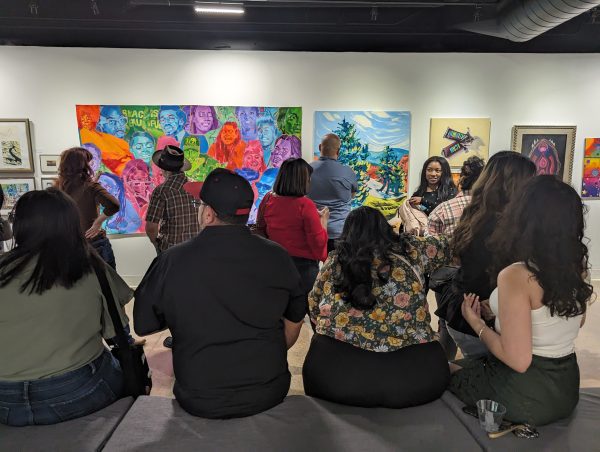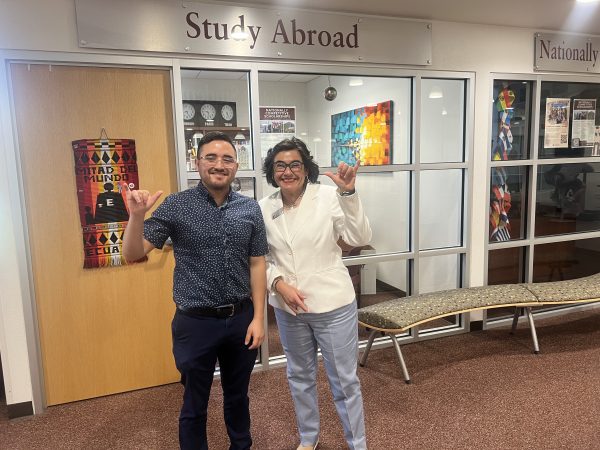Panel participants discuss feminism, race and diversity in schools
April 23, 2018
West Texas A&M University is full of people from all over the world, cultures and situations. A panel composed of three women participating in the event “Faces of Feminism: Solidarity, Sisterhood, and Race” argued that while there are many benefits that come with the racial diversity at WT, issues such as lack of tolerance, microaggressions and bias still need to be addressed.
“Being in an all-black environment, you are going to rise to the top as a strong person based on who you are,” said Diane King, WT financial specialist III and travel coordinator. “…But when you are in a mixed environment, you got to deal with other issues. You got to determine whether you are being victimized. Are they discriminating against me? Does she mean that in a racial-slur kind of way?”
The panel consisting of King, Emma Crain and Gloria Roberts discussed feminism and being a woman of color at 12:15 pm Tuesday, April 10, in the Fine Arts Complex Recital Hall. The event was co-sponsored by the gender studies program and the office of diversity and inclusion.
Roberts is the daughter of the first African American to receive a bachelor degree from WT and she described her mother as “a social worker by nature.’’ She explained that her parents showed her how to be strong every day because of the struggles they went through themselves.
“Their experiences helped to mold my sisters and I into the women that we are today,” Roberts said.
The panel touched on subjects such as the effects of race integration in schools and the issues that comes from both more integration and the lack thereof. Crain, community activist and alumna of WT’s English program, explained that she feels like she missed a lot growing up because she didn’t discuss racial issues at home, went to a predominantly white school and got her education exclusively from white women.
“When I was first confronted with racial issues, I didn’t know how to respond to them,’’ Crain said. “… I missed the African American history that you could find in the black schools. I didn’t know about black writers until I was 18.’’
King had a very different experience growing up as she attended all-black schools until she got to college.
“They not only taught you the regular stuff but they also taught you how to be a strong black person,’’ King said, “and the point that we had to do more and be better than our counterparts to get jobs.’’
King’s son is the first in her family to attend a predominantly white school in Amarillo and while she believes that the experiences have been good, she feels as if he is missing some pieces he would have gotten at a predominantly black school.
The women participating in the panel spoke of the value of continued integration in society, but also the problems that come with integration and the importance of the school addressing these issues.
“We have to recognize biases. Everybody, no matter where they come from, comes with biases,” said Angela Allen, chief diversity and inclusion officer, who moderated the event along with gender studies’ Director Amy Von Lintel. “…Sometimes people really don’t know that they are being offensive, so sometimes it becomes a teachable moment.”
Roberts argued that we need to speak up when we hear something discriminatory we don’t like, learn how to be confident and to realize when we should let something roll off our shoulders.
“What we need to understand is that our world is like a pot stew,” Roberts said. “In that stew you need some meat, and some vegetables, and some juice, and some spices. If you leave one something out, it just don’t taste the same.”



